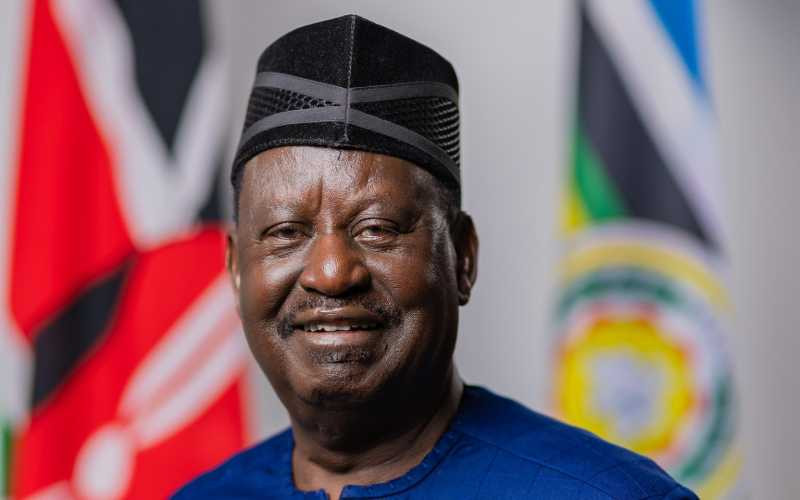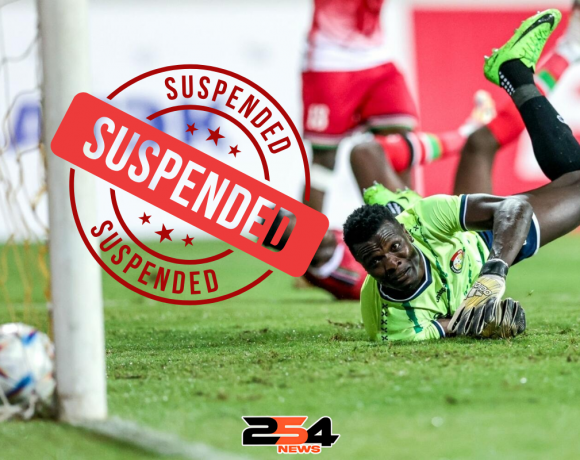Raila Odinga AUC Bid: Inside KSh523.85M Government Spend

A recent report presented in Parliament has revealed that the Kenyan government spent Ksh523.85 million to support Raila Odinga AUC bid. The funds, sourced from taxpayers, were used to finance Odinga’s extensive travels across Africa, where he sought endorsements for the prestigious continental position. This expenditure has sparked heated debates across political and public circles, raising questions about government spending priorities and accountability.
Breakdown of the Raila Odinga AUC Bid Expenditure
According to the parliamentary report, the money was primarily spent on:
Chartered Flights: A significant portion of the budget was allocated to private flights for Odinga and his delegation. This enabled him to visit approximately 40 African nations to seek support from various heads of state and diplomatic figures.
Hotel Accommodations: The campaign team stayed in high-end hotels across different cities, with the costs covered by the Kenyan government.
Airport Transfers and Local Travel: Transport arrangements within host countries, including VIP car services, were included in the expenditures.
Promotional Activities: Funds were also directed towards branding, media engagements, and lobbying efforts. This aimed at positioning Odinga as the best candidate for the AUC chairmanship.
Despite these extensive efforts, Odinga’s bid for the AUC top job was unsuccessful. This left many questioning whether the financial commitment was justified.

Public and Political Reactions
The revelation of the government’s expenditure on Odinga’s campaign has elicited mixed reactions. Some political figures and analysts argue that the investment was a strategic move to enhance Kenya’s influence in the African Union. Others, however, see it as an unnecessary use of taxpayer money, especially given the country’s pressing economic challenges. Currently, Kenyans are struggling with high inflation, mounting public debt, and a struggling healthcare system.
Critics have also pointed out that the allocation of public funds to support an individual’s political ambition raises ethical concerns. “Why should taxpayers finance a personal political bid when there are urgent national issues that need attention?” one legislator asked.
Some government officials defending the expenditure argue that Kenya stood to gain significant diplomatic and economic benefits had he won Proponents insist that the campaign was not about an individual but rather about securing a leadership position. Also, saying that the position would have placed Kenya at the center of continental decision-making.
Lessons for Future Endeavours
As the dust settles on Odinga’s failed bid, the Kenyan government must reflect on the broader implications of such investments. While promoting national representation in international bodies is important, there is a need for transparency and accountability in the use of public funds. Future campaigns should involve clear budgetary allocations and justifications to ensure taxpayer money is used effectively and responsibly.
Ultimately, the debate surrounding this expenditure highlights the delicate balance between advancing national interests and maintaining fiscal discipline. Moving forward, policymakers must weigh the costs and benefits of such engagements to ensure that public resources are directed toward initiatives that yield tangible benefits for the citizens.




